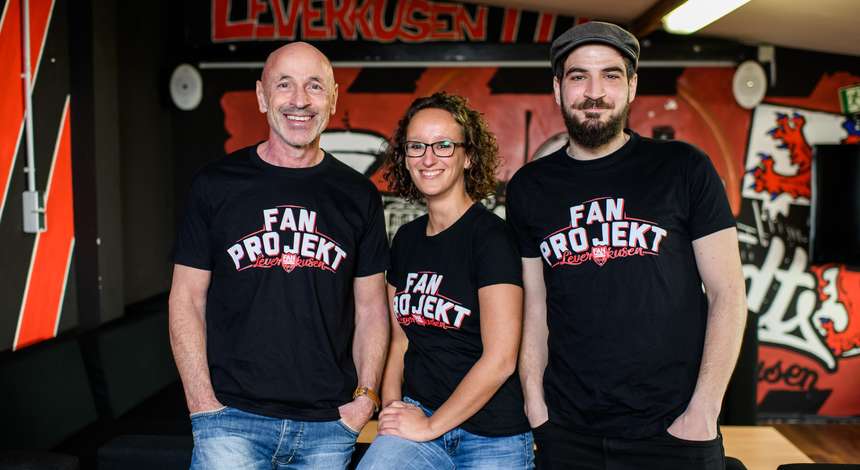
Stefan, the fan project has been closely associated with you since its first day. What has led to your departure?
"25 years in community work is a tough ask. As a social worker you would normally have a change every seven years due to the risk of burnout. So 25 years is quite an achievement. The job hasn't always been easy and now it just feels right for me to finish after a quarter of a century. I'm proud of my input and I can look back at some good things. But at some point it was time to stop as the age difference to the young fans who are coming through became bigger. A 14-year-old said to me recently: 'Stefan, my granny is as old as you.'"
The fan project was conceived in 1996 and that also marked the start of an incredible upturn on the pitch for Bayer 04.
"It actually was pretty much parallel without me constructing a logical connection. (He laughs). When I started, Christoph Daum came in as the coach and it really took off from there. There was a rapid rise for Bayer 04 on the pitch in the following years and the number of fans grew incredibly during that period of great excitement. The first years are absolutely unforgettable. The matches in the Champions League, the away games and finally the absolute climax: the 2002 final in Glasgow. Little Leverkusen, this small chemical town, on the big stage of world football against Real Madrid. Just before kick-off, I was pitch side and I had our fans at the back of me when the team ran out onto the pitch. An incredibly moving moment. It brought tears to my eyes."
What you remember of the start 25 years ago?
"When I started there wasn't even a pen and a piece of paper. After couple of weeks this house on Lichstraße became our abode. It was pretty run down. I was able to pick up a few pieces of Bayer furniture, such as my first writing desk, from a place in Hitdorf and only then were we able to rebuild the house from top to bottom. The fans were curious and dropped in to see what was happening. Relatively quickly, I was able to enthuse the lads into helping out – definitely due to my openness and that I spoke their language as well. That meant we had a whole troop of people really quickly and gradually more and more young fans came to us."
Did the fans accept you straightaway?
"Of course, people looked critically at me to start with because fan project work makes you piggy in the middle. On the one hand, you're a social worker, contact for fans and you look to find out what the problems are and what subjects move them. On the other hand, you're working with partners and institutions such as Bayer 04, the council and the police. It's often a balancing act. That means you have to find limits. I was accepted by the people relatively quickly – definitely also because I always spoke to them as an equal. Because it doesn't work pointing with your fingers and imposing from above."
What did the work with the fans involve for you?
"First of all, it was about developing a concept. I looked at other places, at Schalke, Köln and Düsseldorf and spoke to the colleagues there. Now there are 65 fan projects in Germany and back then I was the 19th. I consciously say 'I' because I ran the thing on my own for 14 years. Looking back, I think: 'How on earth could you stand it for so long?' It's actually unbelievable."
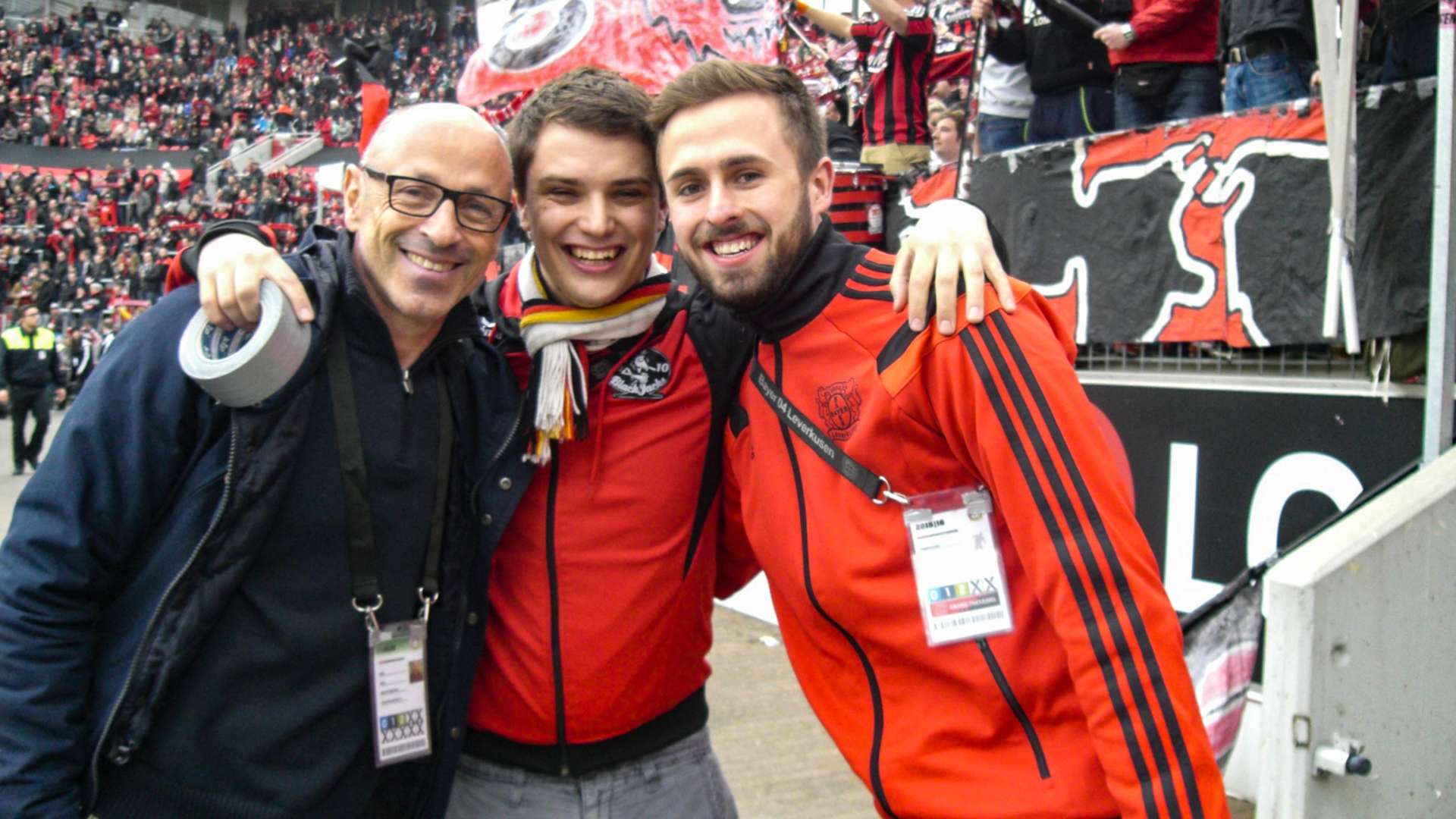
How demanding was the work you did?
"Always going to away games, all the weekend working, taking on board all the problems and not being able to do everything to suit everybody: That takes it out of you over the long term. A lot of people think you go to a football match, watch the game and that you have a great job. But when you're on a coach on the motorway for hours after the game and you only get home in the middle of the night then you're really knackered from all the effort. On Sundays I often don't have the energy to maintain private contacts, friendships and relationships. That's the downside of an otherwise fulfilling job. You have human contact in social work. It's not a piece of work that you do – and then don't think about it after you go home. You take a lot home with you."
Prevention and reduction of violence are a very key aspect of fan project work. Are there limits there too?
"Of course. There are lads who stood out 20 years ago and are still like that today. With our ultras there are, in addition to the creative people, a group who cause trouble. Nevertheless, I do feel that there are limits at Leverkusen. Things like at Schalke where fans were recently chasing after players wouldn't happen here. And in Cologne on the way back from the derby I've seen FC hooligans throwing cobblestones through the windows of a tram, which women and children were sitting in. I can't be doing at all with innocent people coming to harm. I've always communicated that to our lads."
What are your abiding memories from the 25 years?
"In addition to meeting people it was above all getting to know foreign cities. It now feels as though I've been everywhere in Europe and that includes many cities such as London, Madrid, Barcelona, Milan and Lisbon where you might go in a private capacity. But there are also unknown cities like Blackburn in England or Maribor in Slovenia and they were amongst some of my best trips. In the Europa League there are lots of places that have a special flare. I prefer them to big cities."
And on the negative side?
"I remember two catastrophic events. The first was our Champions League game in 1997 against the Lierse SK in Ghent. Things escalated completely and after the game the Belgian police stormed into our section where we had around 800 supporters and they just started beating people. A lot of people were bleeding or unconscious on the ground. There was sheer fear and desperation about not being able to get out unharmed. After that I really thought about whether I was in the right job. Fortunately that remained a really big exception. The other awful experience was purely to do with football. Unterhaching 2000, missing out on the league title. It felt a bit like life was suddenly coming to an end."
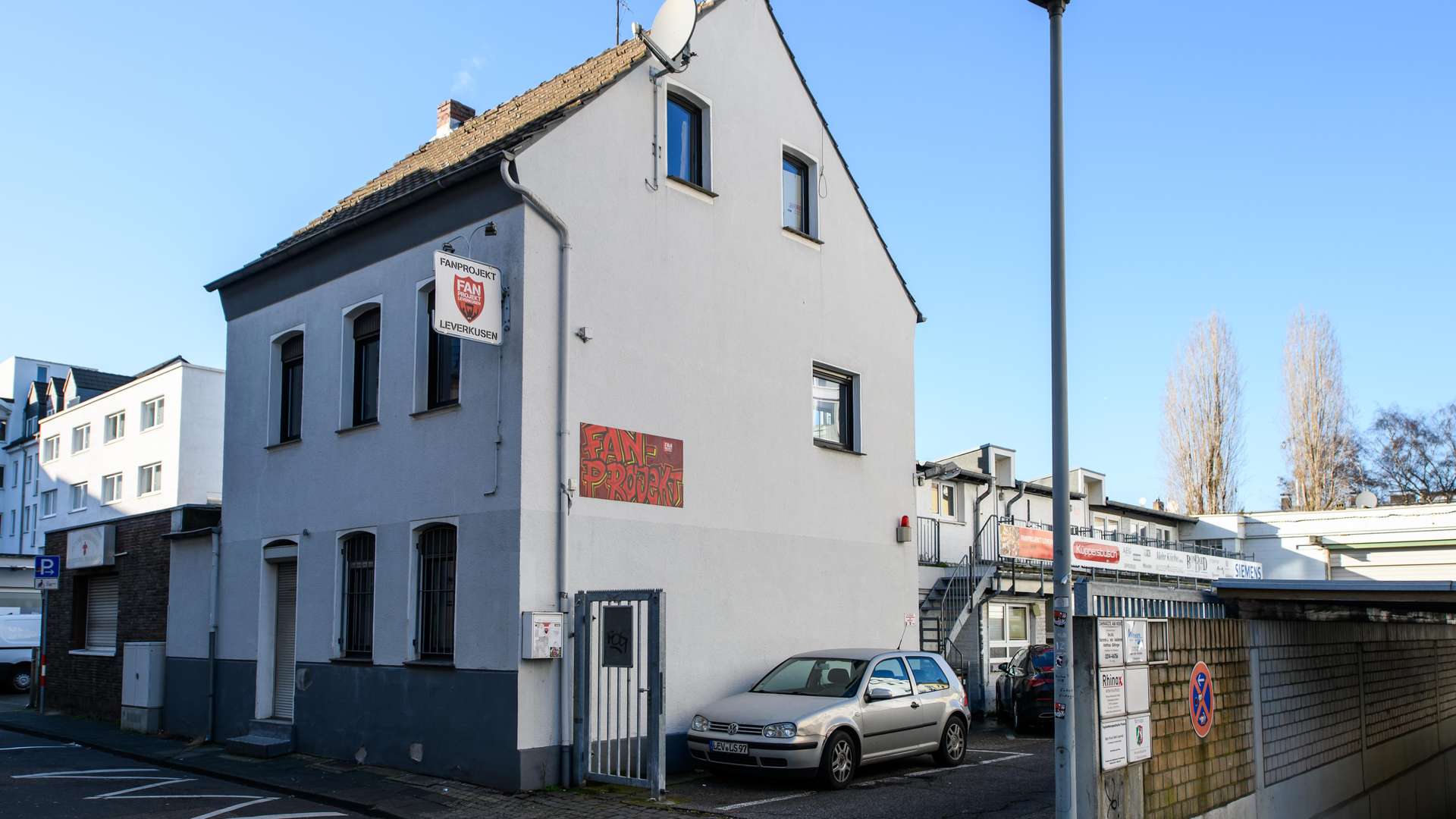
FANPROJEKT LEVERKUSEN E.V.
Lichstraße 64, 51373 Leverkusen
Phone 0049 (0)214 869 12880
www.fanprojekt-lev.de
Team:
Stefan Thomé (In charge until 30.6.2021),
Daniela Frühling (In charge from 1.7.2021),
Riccardo Bitonti
Target group: All football fans between 12 and 27 years of age regardless of gender and social background
Targets:
– Supporting personal development of young football fans
– Promotion of tolerance, non-violence and creativity
– Challenging all forms of discrimination and xenophobic tendencies
– Support and care for disadvantaged young people
– Promotion of conflict resolution ability
– A varied, fair and tolerant fan culture
Related News
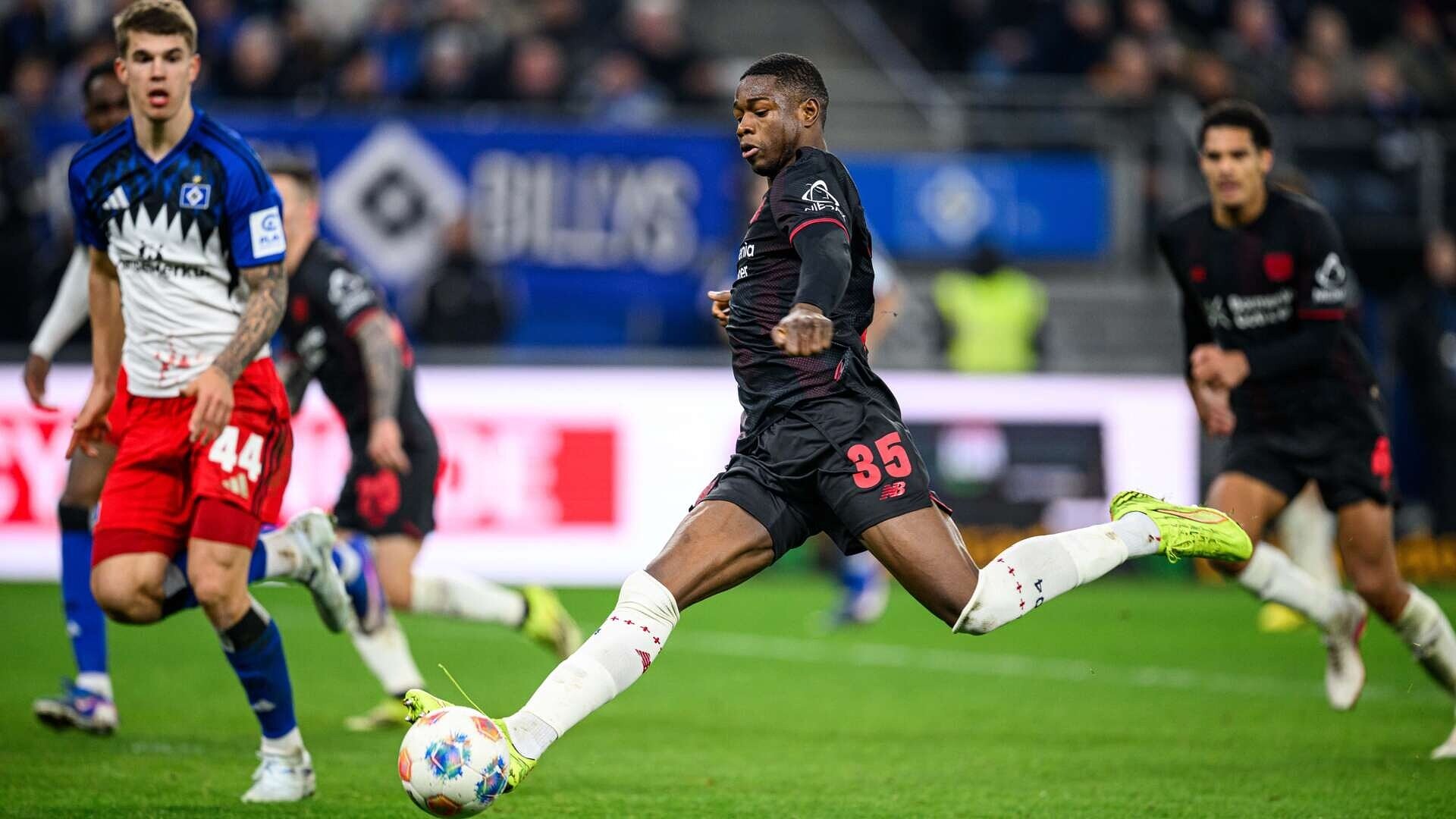
TV highlights of 1-0 win in rearranged match at Hamburg
Werkself TV shows the highlights of Bayer 04's 1-0 win in rearranged match at Hamburger SV on Matchday 17 of the 2025/26 Bundesliga season...
Show more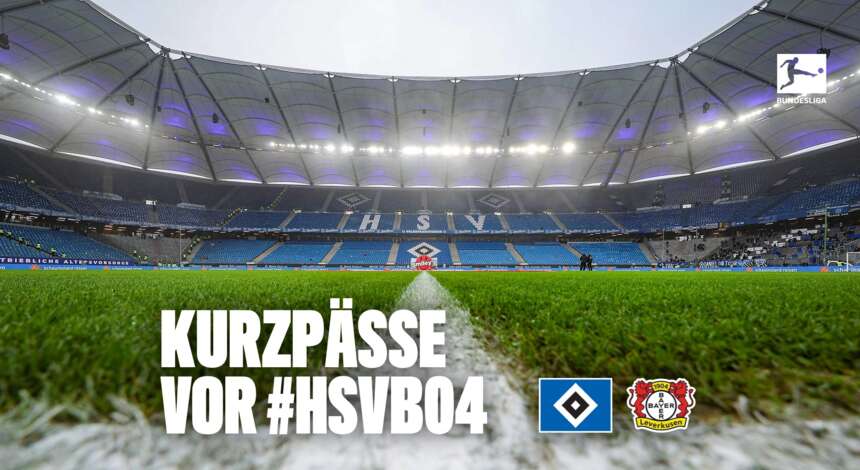
Matchday News #HSVB04: First meeting with Hamburg in eight years
Bayer 04 face Hamburger SV for the first time since February 2018 in their rearranged Bundesliga Matchday 17 clash. After long years in the second division, the Red Shorts have gradually reestablished themselves in the top flight this season, thanks in particular to their strong home record and third-best tackle success rate in the league. There'll be a fierce battle in the air too, as three of the highest-scoring centre-backs in the Bundesliga could be on the pitch at the Volksparkstadion - two of them for Leverkusen. The Matchday News.
Show more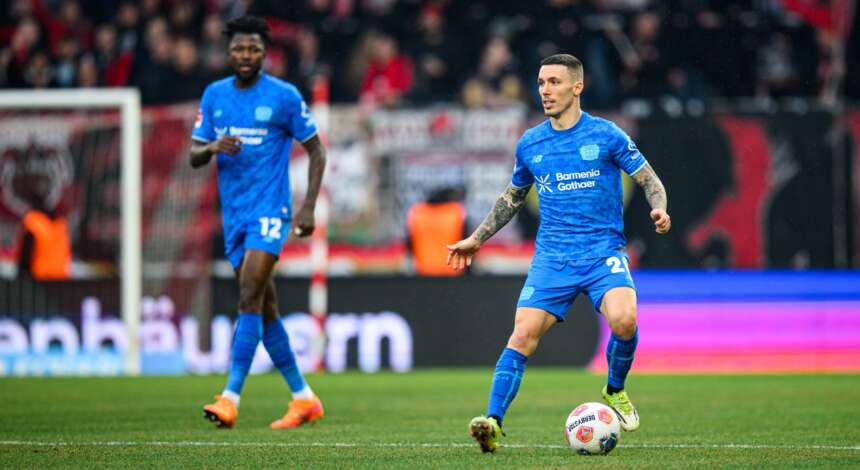
Vote for Tapsoba or Grimaldo as February Player of the Month now!
Video games manufacturer Electronic Arts (EA), together with the Deutsche Fußball Liga (DFL), has announced the six nominees for the February 2026 Bundesliga Player of the Month award. Not one, but two Werkself players are on the list in Edmond Tapsoba and Alejandro Grimaldo. Supporters of the Black-and-Reds have from now until midnight on Sunday 8 March to vote!
Show more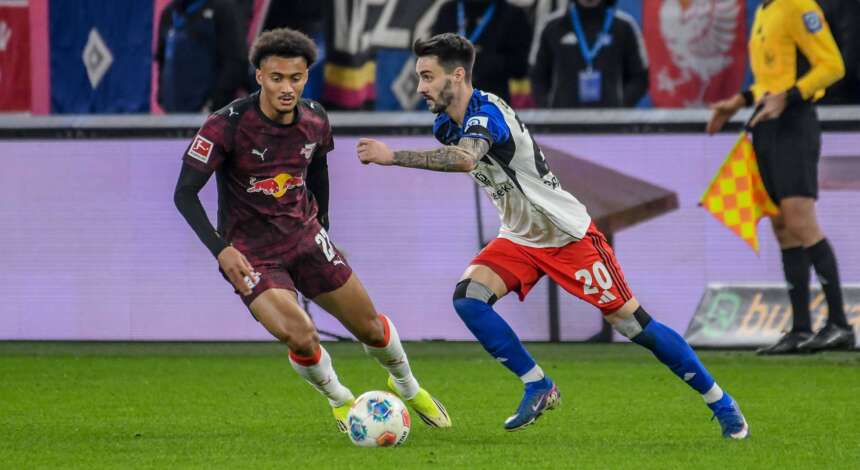
Opponents update: Werkself visit counter kings of the league
After the original fixture on 13 January was postponed due to weather-related structural risks to the Volksparkstadion's roof, Hamburger SV now host Bayer 04 Leverkusen this evening, Wednesday 4 March (kick-off 20:30 CET), in the rearranged Matchday 17 meeting. It's a second home game in three days for HSV - an update on the opponents.
Show more